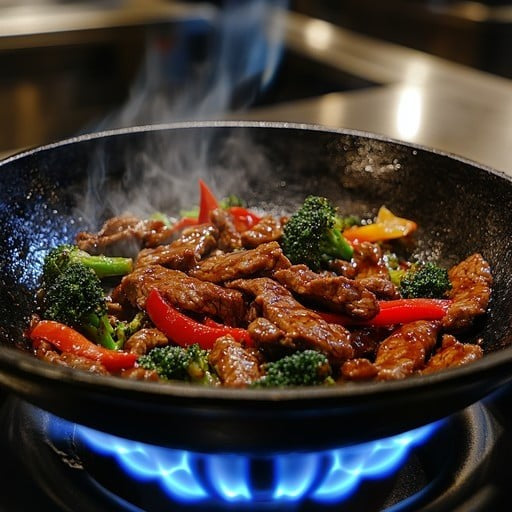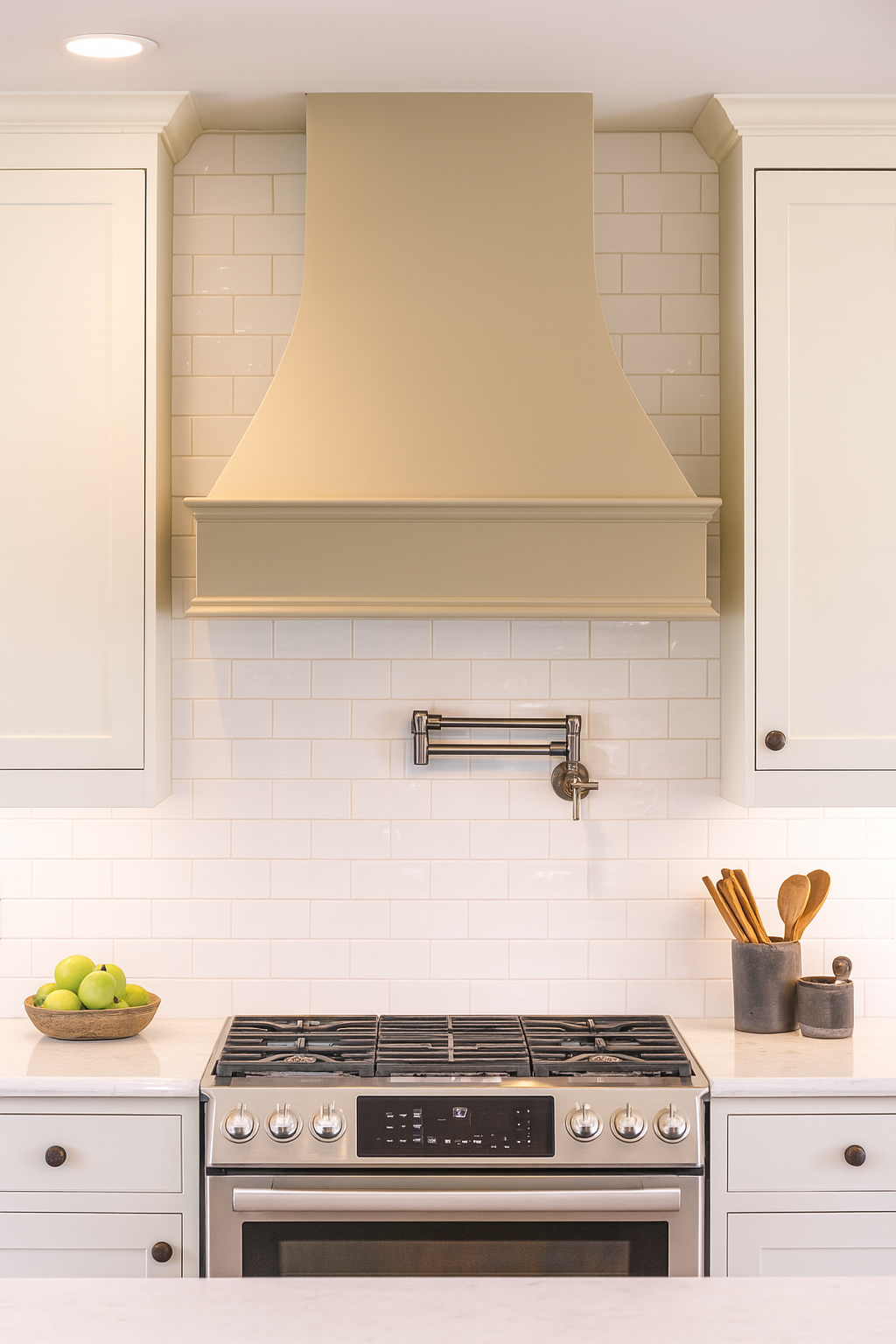Great question — airflow capacity is measured in CFM (Cubic Feet per Minute), and it is one of the most important specifications when choosing a range hood. The right number depends on your stove type, kitchen size, and cooking style.
Here’s how to figure it out:
🔹 General Guidelines
- Standard Electric or Gas Cooktops
- Rule of thumb: 100 CFM for every 10 inches of stove width.
- Example:
- 30" range → ~300 CFM
- 36" range → ~360 CFM
- High-BTU Gas Ranges / Professional-Style Stoves
- Rule of thumb: 1 CFM for every 100 BTUs of burner output.
- Example: A 60,000 BTU range → 600 CFM minimum.
- Heavy-duty ranges (with grills, griddles, wok burners) often require 900–1,200 CFM.
- Island Cooktops
- Require more power since they don’t have a wall to help capture smoke.
- Add 100–200 extra CFM compared to wall-mounted hoods.
- Kitchen Size Factor
- Another method: total kitchen volume ÷ 4 = recommended CFM.
- Example: 15 ft × 12 ft × 8 ft ceiling = 1,440 cubic ft. ÷ 4 = 360 CFM.
- Ductwork
- Long duct runs, multiple bends, or restrictions reduce efficiency. Add 25-40% more CFM for complex ductwork systems.
🔹 Important Notes
- More isn't always better - excessive CFM can create drafts and waste energy
- Check local building codes, as some areas have maximum CFM limits
- Higher CFM usually means more noise, so balance power with comfort
- Consider makeup air requirements for systems over 400 CFM in tightly sealed homes
🔹 Practical Cooking Habits
- Light cooking (boiling pasta, steaming veggies): 250–350 CFM
- Regular cooking (sautéing, simmering, some frying): 350–500 CFM
- Heavy cooking (frying, wok, grilling, searing meats): 600–900+ CFM
🔹 Things to Watch Out For
- Local codes: In some areas, hoods over 400–600 CFM require a make-up air system (to bring in fresh air when venting out large amounts).
- Noise: Higher CFM often means louder operation, unless the hood has multiple speed settings.
✅ Quick takeaway:
- Standard home kitchen: 300–500 CFM works for most people.
- High-BTU or frequent heavy cooking: 600–1,200 CFM.
- Island or pro-style setup: Err on the higher side.
For more information:
https://broan-nutone.com/en-ca/home/learn/blog/what-is-the-required-cfm-to-meet-your-needs




